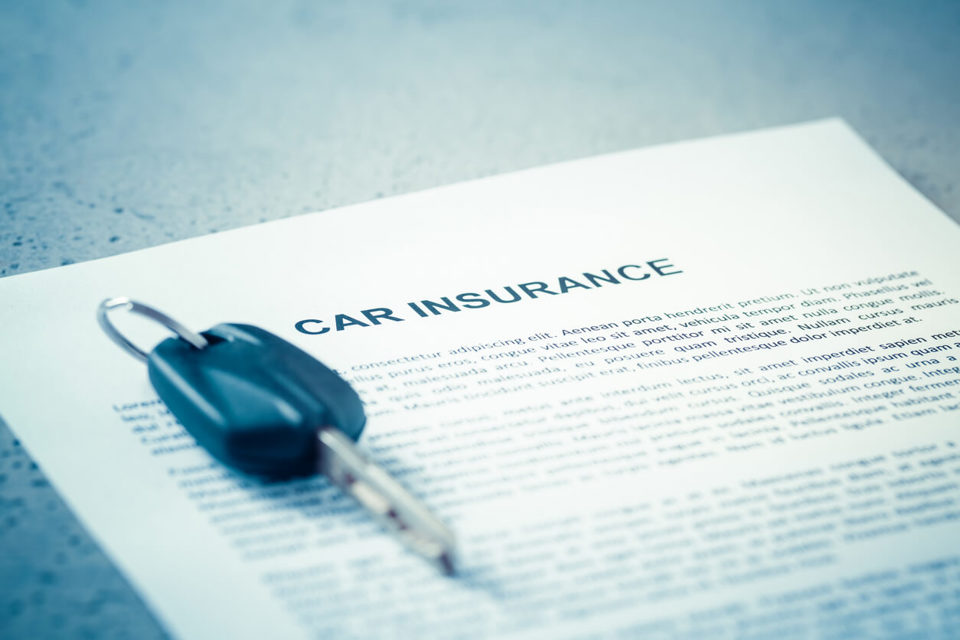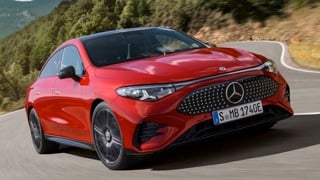Fleets are being urged by insurers to minimise risk if they want to keep insurance premiums for electric vehicles (EVs) under control.
Last year, the Association of Fleet Professionals (AFP) called on the insurance industry to better understand the fleet risk around EVs, accusing some firms of hiking up premiums based on “incorrect and irrelevant” information.
However, the insurance industry hit back at claims that fleets were being unfairly hit with high premiums for plug-in cars.
The Association of British Insurers (ABI) told Fleet News that the insurance market “remains competitive with cover for EVs available from a wide range of providers”.
However, the ABI acknowledged that insurers are having to manage the rising claims cost.
Driven up by increasing costs of repair, materials, labour and second-hand cars - as well as “very expensive claims for personal injury from serious incidents”, it said insurers paid out £2.5 billion to claimants over the past year.
AFP chair, Paul Hollick, said: “Our advice to fleets at that time was to engage their insurers in a dialogue about possible solutions, and many of them have been doing just that.
“The main message that is coming through is that insurers want to see evidence of good core risk management, and how this having an impact on claims rates.
“This might sound obvious but it seems they want to work with fleets to see that insurance fundamentals are being properly followed when it comes to EVs.”
According to Hollick, one fleet manager said: “Our insurer’s view is that as long as we can demonstrate that we're managing the risk, such as by training drivers to use EVs, we won't see an increase in premiums.”
Hollick added that another fed back that their insurer had indicated the cost of repairing and replacing EVs would always be a distant secondary consideration to simply working to keep claims as low as possible.
He explained: “The fleet view is often that insurers don’t like EVs because they tend to be expensive to buy, that parts are often in short supply, and that the electrical, mechanical and bodywork expertise needed to repair them is still in short supply.
“However, it appears that if you talk to the insurers themselves, they’ll say that these things matter but only to a limited extent, and that the most important fact when it comes to controlling premiums is to do more to prevent EV accidents and theft.
“They also appear to want evidence that fleets have an understanding that EVs are different from ICE vehicles and to see this applied to risk management – driver training is mentioned – but really, they’re mainly interested in the fundamentals.”
Hollick understands that some fleets may view the attitudes from insurers that are being reported with a “degree of scepticism”.
However, he said: “We are certainly hearing from others who are doing what their insurer is asking in terms of managing EV risk that their premiums are not rising, or only by a little. It shows that talking to suppliers in the face of rising costs can have an impact.”
AFP board member Peter Milchard will be taking a lead on insurance topics within the organisation, supporting members and helping to educate the insurance market about our fleet requirements.























Login to comment
Comments
No comments have been made yet.